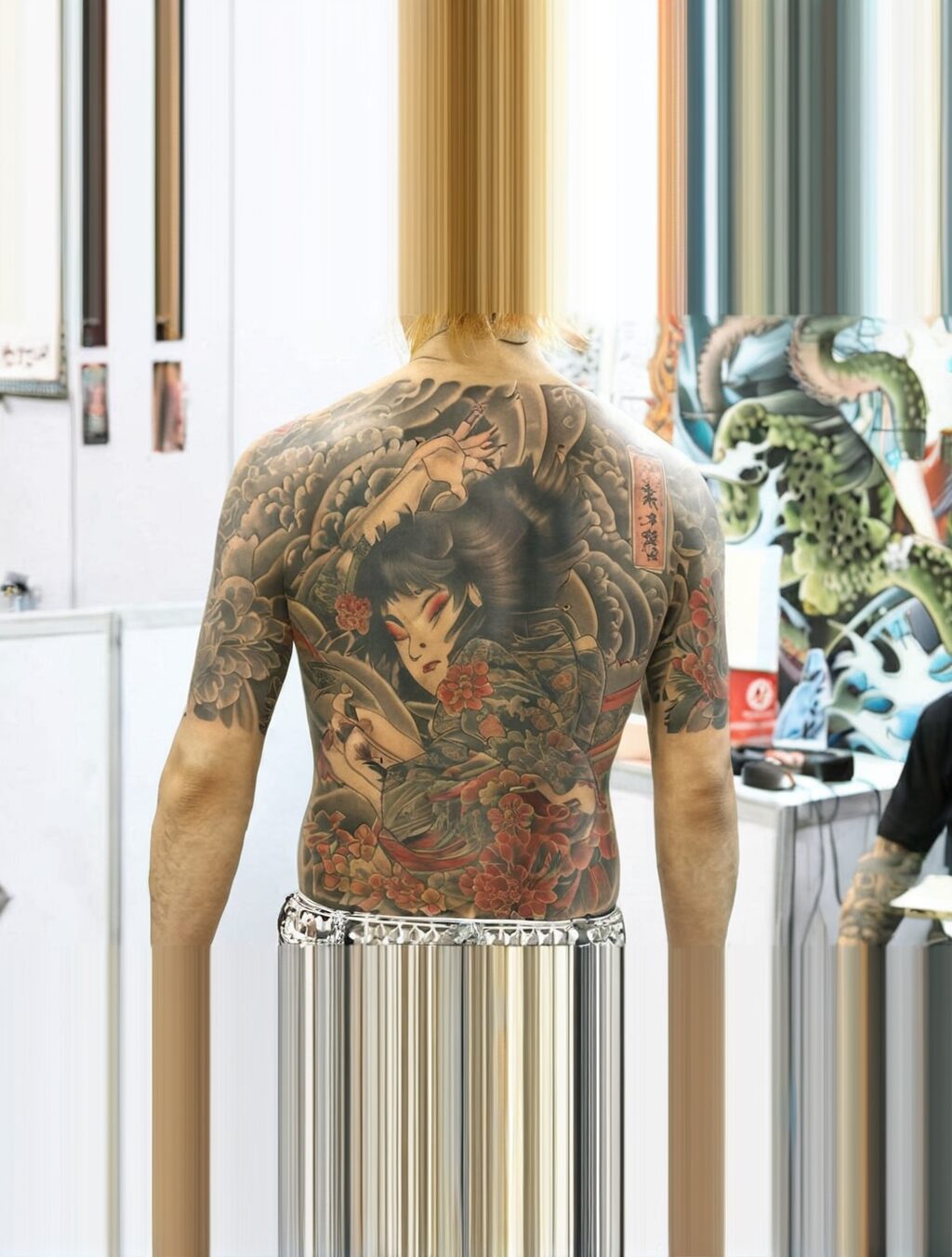Why are tattoos taboo in Japan?
Win a Free Trip to Japan!
Experience cherry blossoms and ancient temples
It’s no secret that tattoos have a long and storied history in Japan. In fact, the art of tattooing can be traced back to the縄文時代(Jōmon period), which lasted from 14,000 to 300 BC. During this time, tattoos were used as a form of body decoration and were often associated with fertility and protection. However, over time, tattoos began to take on a more negative connotation. By the Edo period (1603-1868), tattoos were strongly associated with criminals and outcasts. This negative association continued into the 20th century, and even today, tattoos are often seen as taboo in Japan.
There are a number of reasons why tattoos are considered taboo in Japan. One reason is that they are associated with yakuza, the Japanese organized crime syndicate. Yakuza members often have elaborate tattoos that cover their entire bodies. As a result, tattoos have come to be seen as a symbol of criminality and violence.
Another reason why tattoos are taboo in Japan is that they are seen as a form of body modification. In Japan, there is a strong emphasis on conformity and social harmony. Tattoos are seen as a way of standing out from the crowd, and this is considered to be disrespectful.
Finally, tattoos are also taboo in Japan because they are associated with pain. The process of getting a tattoo is often painful, and this is seen as a sign of weakness. In Japan, there is a strong emphasis on stoicism and self-control. Getting a tattoo is seen as a way of giving in to pain, and this is considered to be shameful.
Despite the negative connotations associated with tattoos in Japan, there is a growing number of people who are getting tattooed. This is especially true among young people, who are more likely to be accepting of different cultures and lifestyles. As a result, it is possible that the taboo surrounding tattoos in Japan will gradually diminish over time.
FAQs
Q: Why are tattoos associated with yakuza in Japan?
A: Yakuza members often have elaborate tattoos that cover their entire bodies. As a result, tattoos have come to be seen as a symbol of criminality and violence.
Q: Why are tattoos seen as a form of body modification in Japan?
A: In Japan, there is a strong emphasis on conformity and social harmony. Tattoos are seen as a way of standing out from the crowd, and this is considered to be disrespectful.
Q: Why are tattoos associated with pain in Japan?
A: The process of getting a tattoo is often painful, and this is seen as a sign of weakness. In Japan, there is a strong emphasis on stoicism and self-control. Getting a tattoo is seen as a way of giving in to pain, and this is considered to be shameful.
Conclusion
Tattoos have a long and storied history in Japan. However, over time, they have come to be associated with negativity and taboo. This is due to their association with yakuza, their status as a form of body modification, and their association with pain. Despite this, there is a growing number of people in Japan who are getting tattooed. This is especially true among young people, who are more likely to be accepting of different cultures and lifestyles. As a result, it is possible that the taboo surrounding tattoos in Japan will gradually diminish over time.
